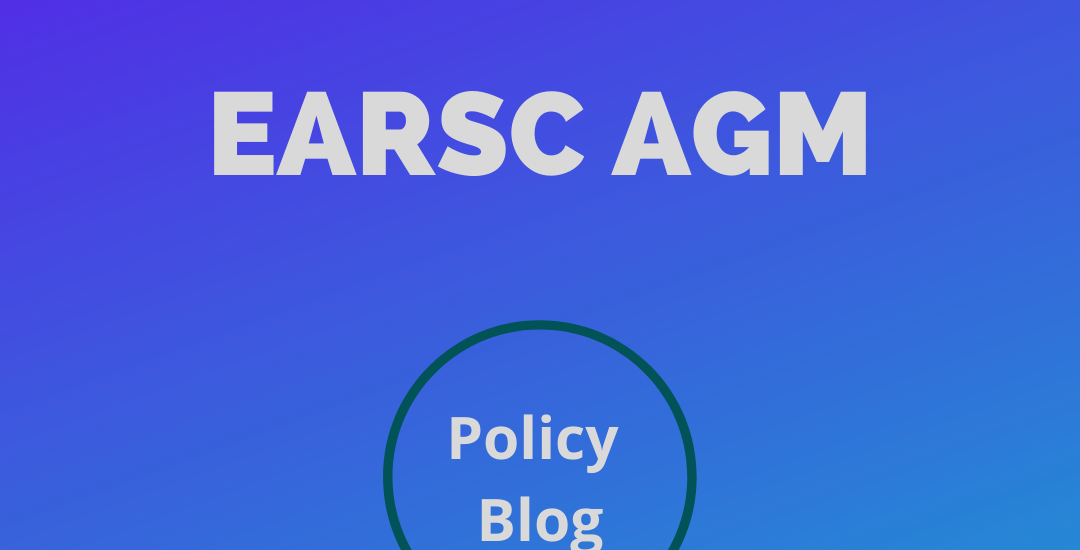- July 1, 2020
- Posted by: EARSC
- Categories: Blogs, EARSC News

Policy blog by Delphine MIRAMONT
AGM – 18th June 2020
On the 18th of June 2020, EARSC organised its annual conference, gathering Earth Observation industry members and key European stakeholders, namely Mr Massimiliano Salini (representing the European Parliament), Mr Josef Aschbacher (European Space Agency), Ms Paraskevi Papantoniou (European Commission, DG DEFIS), Mr Kai-Uwe Schrogl (German presidency of the European Council) and Mr Chetan Pradhan (Chairman of EARSC).
The on-line event was very successful giving a comprehensive overview of the future of the European Space programme. Against the background of the Covid crisis, the guest speakers expressed their views and concerns regarding the governance and the budget of the European Space programme.
- Industrial competitiveness and the EU Space programme: a holistic approach
Mr Salini, who was appointed rapporteur of the EU Space programme in 2018 by the ITRE Committee strongly believes that industrial competitiveness is key to a Europeanand digital strategy. Mr Aschbacher shared this holistic approach and regretted that the budget for the space programme would not cover all the proposed missions. Both speakers pleaded for a strong push for an industrial strategy at the European level, in which the EU space programme is a key element. As for the European Commission, Ms Papantoniou stressed the role of the member states in the governance of the post Covid-19 context and the importance of programmes such as Horizon 2020 to provide a strategic autonomy for Europe and boost innovation and resilience. She added that the priority is to federate more the European players to foster entrepreneurship.
- Impact of Covid-19
Of course, the consequences of the Covid 19 crisis on the industry was one of the main topics discussed during our workshop. EARSC recently conducted a survey to measure the consequences of the pandemic crisis on the industry and the first results show a negative impact on the business in the mid and long term. In that regard, Mr Salini mentioned a letter[1] that he wrote to Thierry Breton, asking for a recovery plan for the space industry. explained that the coronavirus pandemic makes it more crucial for the European Union to commit to the €16b funding level which had been proposed in the context of the MFF compared to €14.9b in the revised plan. A letter[2] from EARSC to Commissioner Breton also highlighted the necessity of sustained funding to support the recovery of companies. At the ESA level, Mr Aschbacher also talked about the different support measures taken to help the industry (advances payments, faster processes…).
- Copernicus programme
Mr Aschbacher reinforced the position of the Copernicus programme and strongly asserted that the Copernicus data and services will be helpful for the Green Deal and the digital strategy. He also mentioned the necessity for the industry to be prepared for the next phase of the programme. This statement is aligned with EARSC last position paper concerning the evolution of the Copernicus programme and the need to prepare in a timely manner for the Copernicus new services.
[1] Letter to the Commissioner Thierry Breton, Bruxelles, Massimiliano Salini MEP, Carlos Zorrinho MEP, Christophe Grudler MEP, Andrea Caroppo MEP, Damian Boeselager MEP, Evžen Tošenovský MEP,
Manuel Bompard MEP, 30/04/2020,
[2] Letter to the Commissioner Thierry Breton, EARSC, Bruxelles, 09/04/2020.
